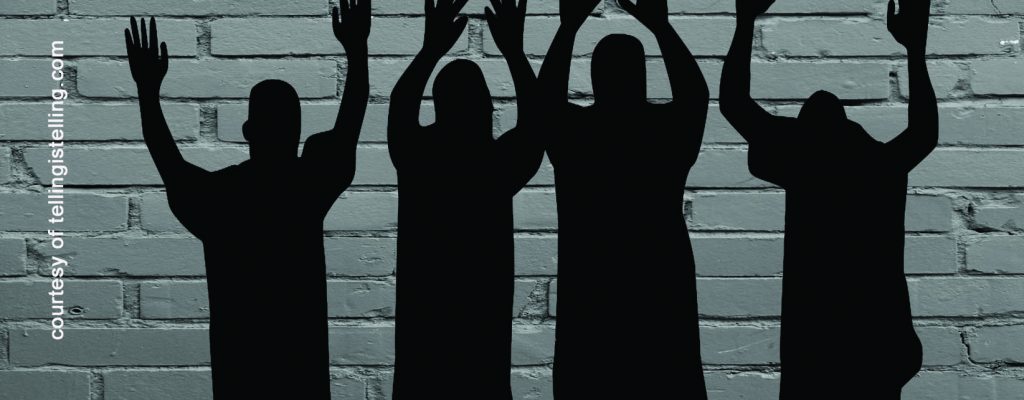The Difference Between Illegal Drug Sales and Other Crimes

Illegal drug sales has its own category, when it comes to criminology. (photo/ T.I.T.)
By Telling is Telling Staff
September 17, 2021.
Updated January 7, 2025.
There is an old school adage which says, “The game isn’t to be told, sold, or exposed.” That is not what is happening on social media and in mainstream media today. Crime stories are not supposed to be made public. Period. At the most, non-participants might discuss these topics at barbershops and other public local meeting places. Criminal-related interviews are not supposed to take place at all. Another point is the fact that certain topics are not supposed to be discussed in front of ‘square’ at all. What have street figures done? Alleged criminals are talking in forums where they are supposed to remain silent.
In urban areas, illegal drug ‘dealers’ are limited in who they can sell their drugs to. They usually sell in the same areas where they live, or where they grew up. Curtis Mayfield’s 1972 album, Superfly, contained significant social commentary that focused on drug culture. People miss the point of Mayfield’s, No Thing on Me (Cocaine Song). Instead inner-cities have been glorifying and upholding cocaine distributors for the last 50 years. On the song, Mayfield rapped, “Now our lives are in the hands of the pusherman. We break it all down in hopes that you might understand how to protect yourself. Don’t make no profit for the man.” The forces behind crime, punishment, and global politics are not fully understood by most inner-city narcotics pushers.
The book, Idiot America: How Stupidity Became a Virtue in the Land of the Free, by Charles P. Pierce makes a serious case for what defines an ‘Idiot America.’ Pierce explains how, “In the new media age, everybody is a historian, or a scientist, or a preacher, or a sage. And if everyone is an expert, then nobody is, and the worst thing you can be in a society where everybody is an expert is, well, an actual expert.” We live in a time where people are allowed to live in a delusional reality. Because there are so many like-minded people who choose to perpetuate limited levels of intellect, they end up morphing into a vast community of people who can be triggered on command to reject and publicly attack accurate information.
Experienced participants within the criminal underworld know what the outcome for illegal narcotic peddlers might be: addiction, prison, or murder. The fate and role of the inner-city drug dealer has been mapped out for him long before he makes his first illegal transaction. Those that are financially successful have also successfully played a part in destroying lives.
In the 1972 movie, The Godfather, the character Don Giuseppe Zaluchi (played by Louis Guss) has been called “racist” for what his character said about “Blacks.” At a meeting among bosses, where their alliances and roles were being reaffirmed, he stated: “I also don’t believe in drugs. For years I paid my people extra so they wouldn’t do that kind of business…I don’t want it near schools — I don’t want it sold to children! That’s an infamia. In my city, we would keep the traffic in the dark people — the colored. They’re animals anyway, so let them lose their souls.” Inner-city dwellers are known for victimizing each other, more than they are known for unifying and elevating their communities. Unfortunately, the movie’s statements about “Blacks” is still true. Whether outside forces are involved or not, so-called “Blacks” are known to sell their own people for the right price. Narcotics are glorified.
©Telling is Telling. All Rights Reserved.
